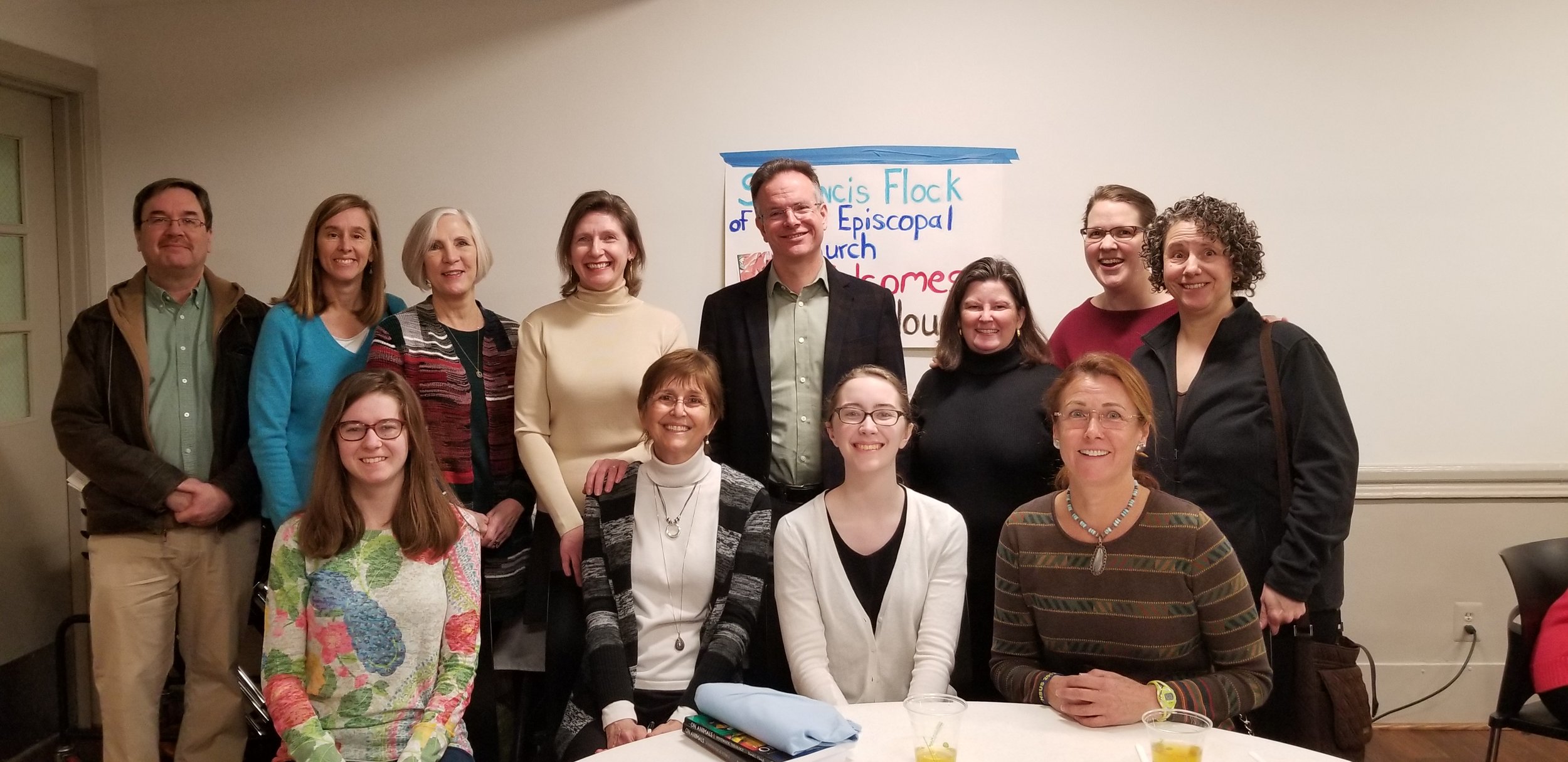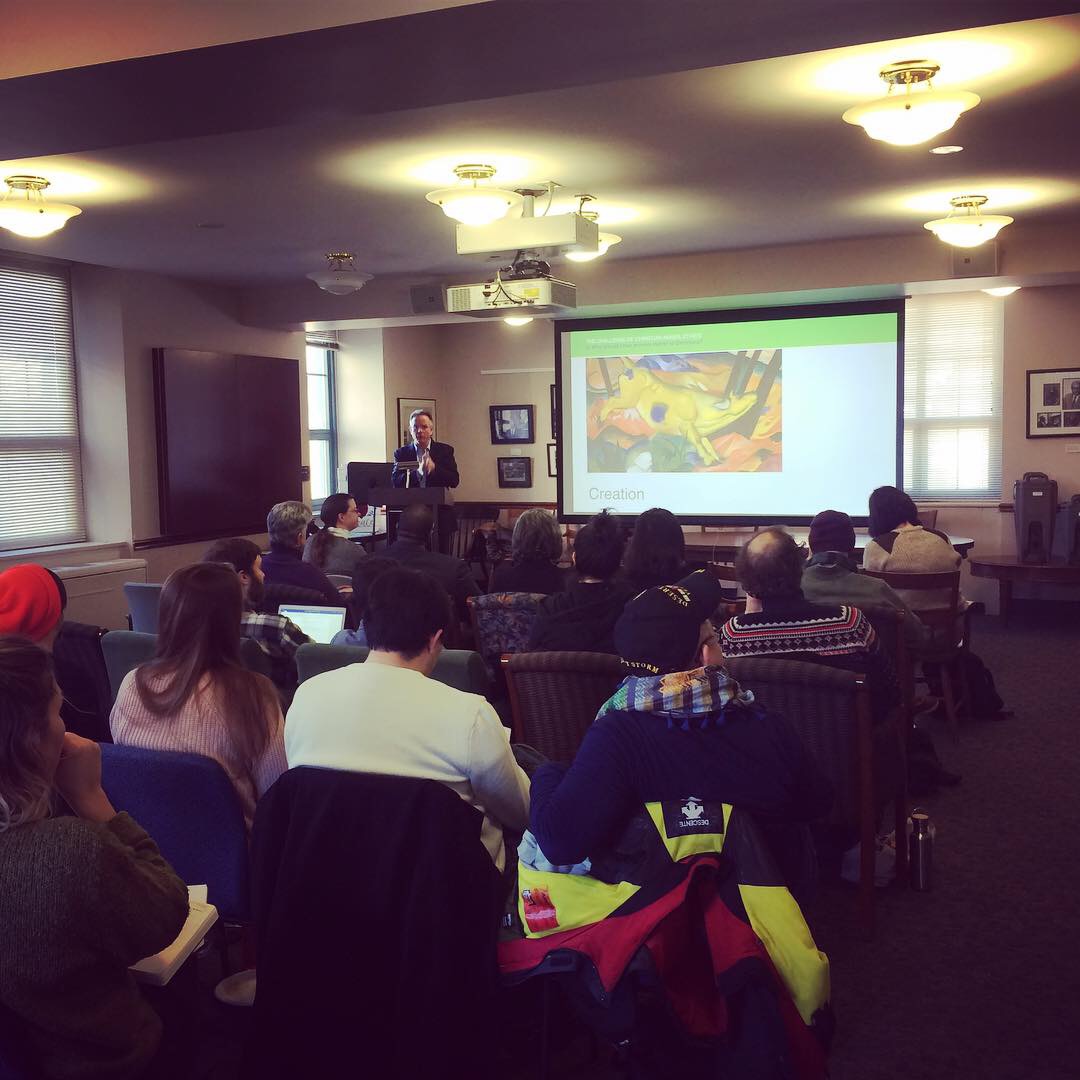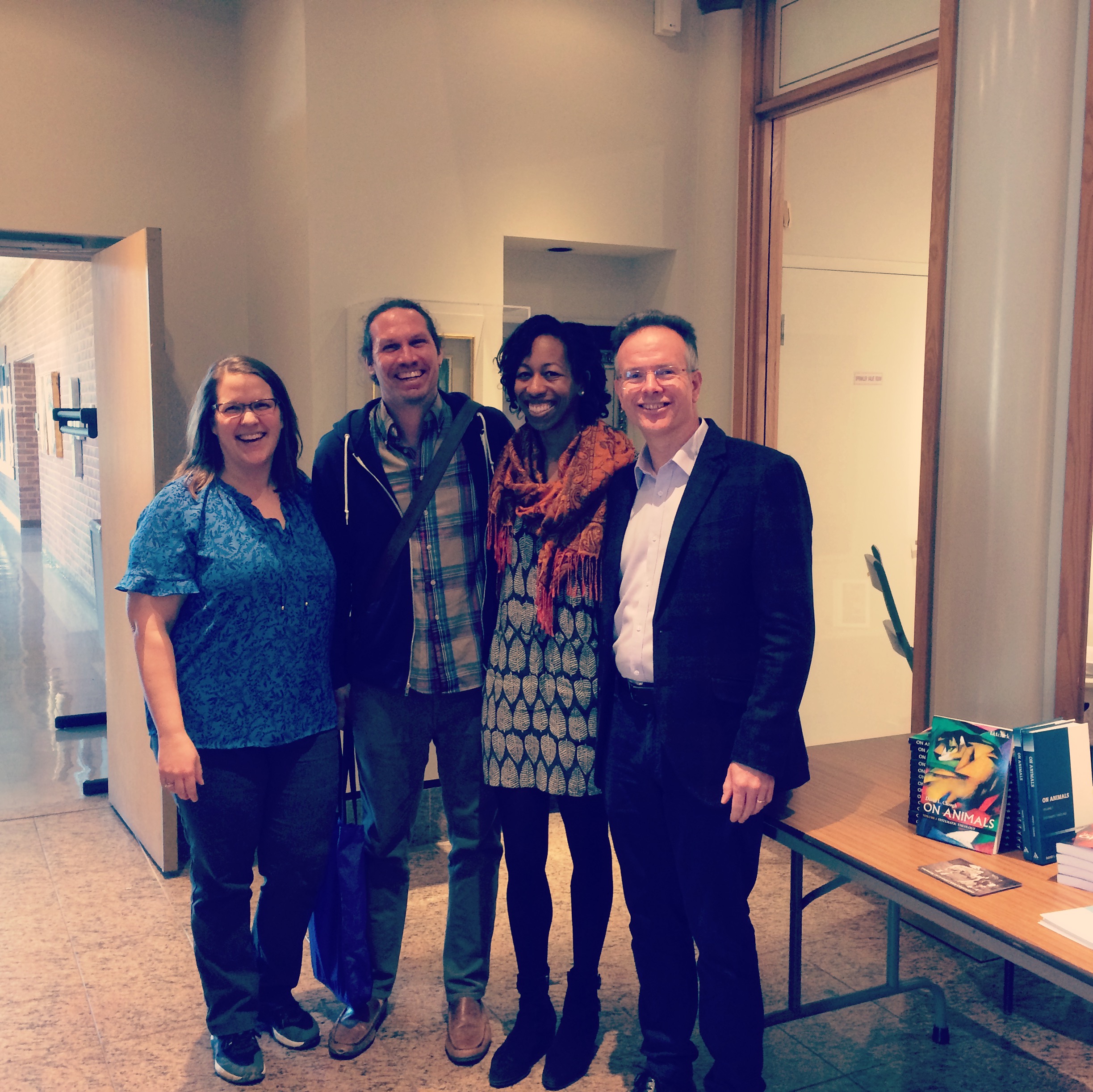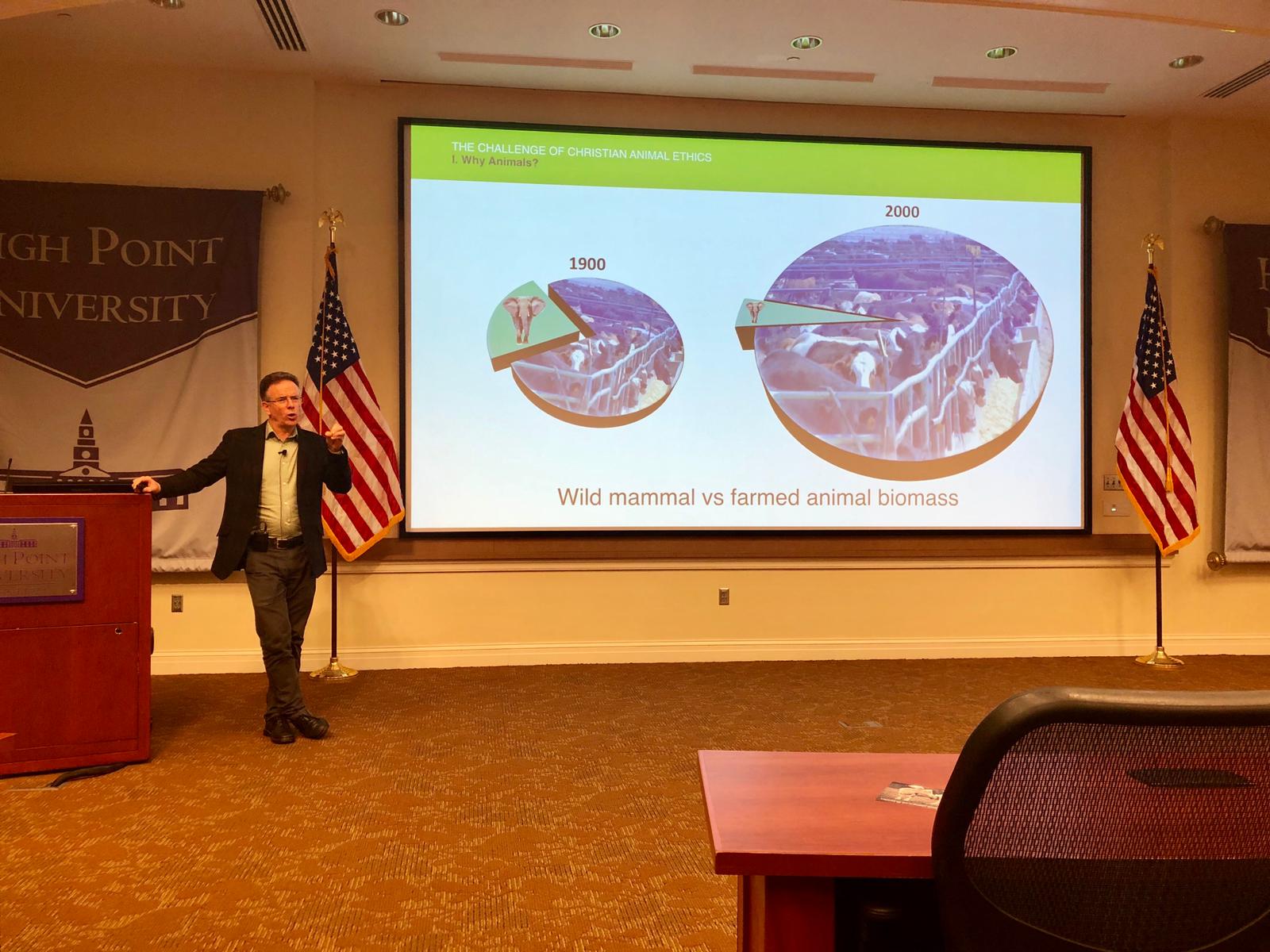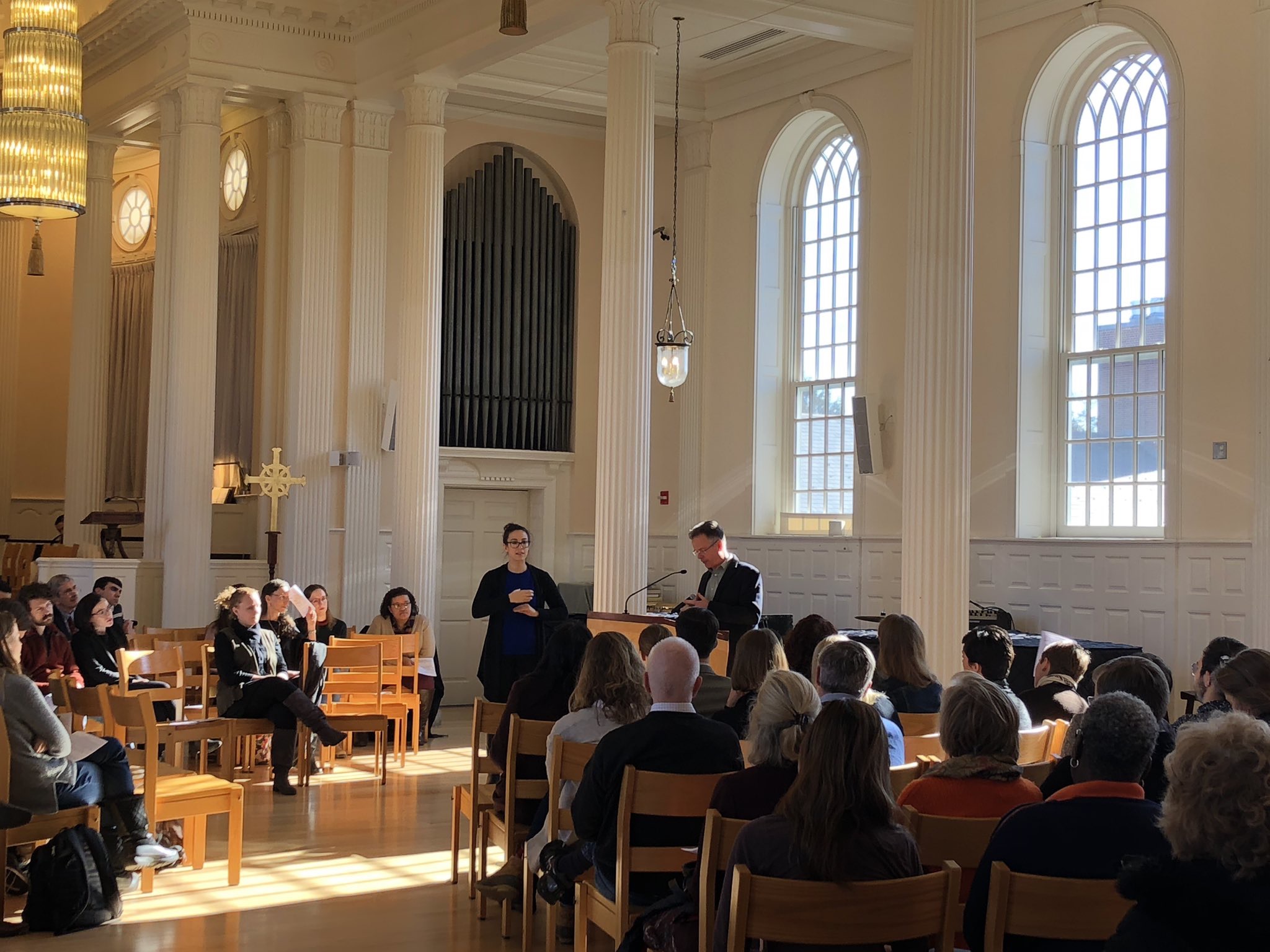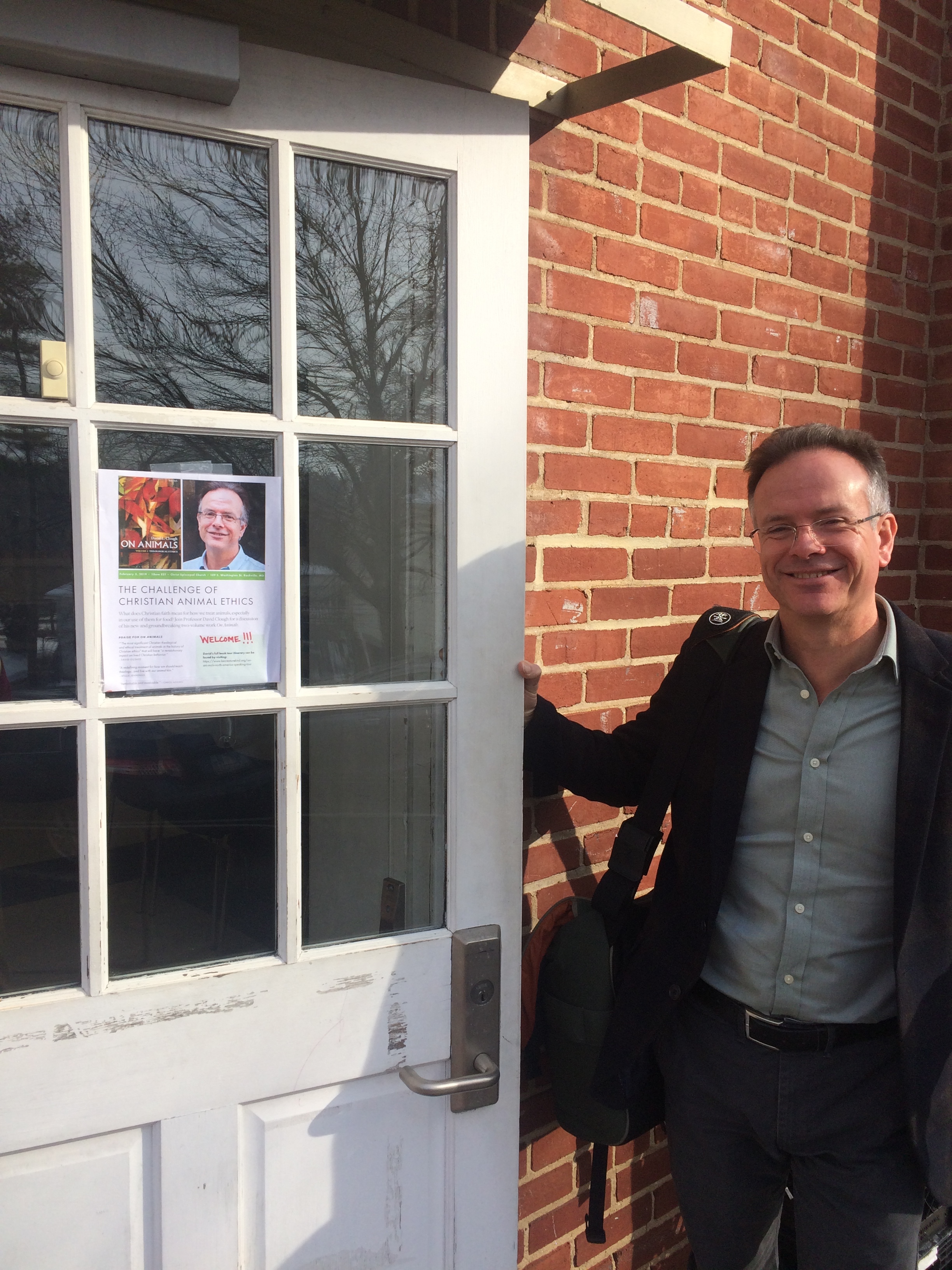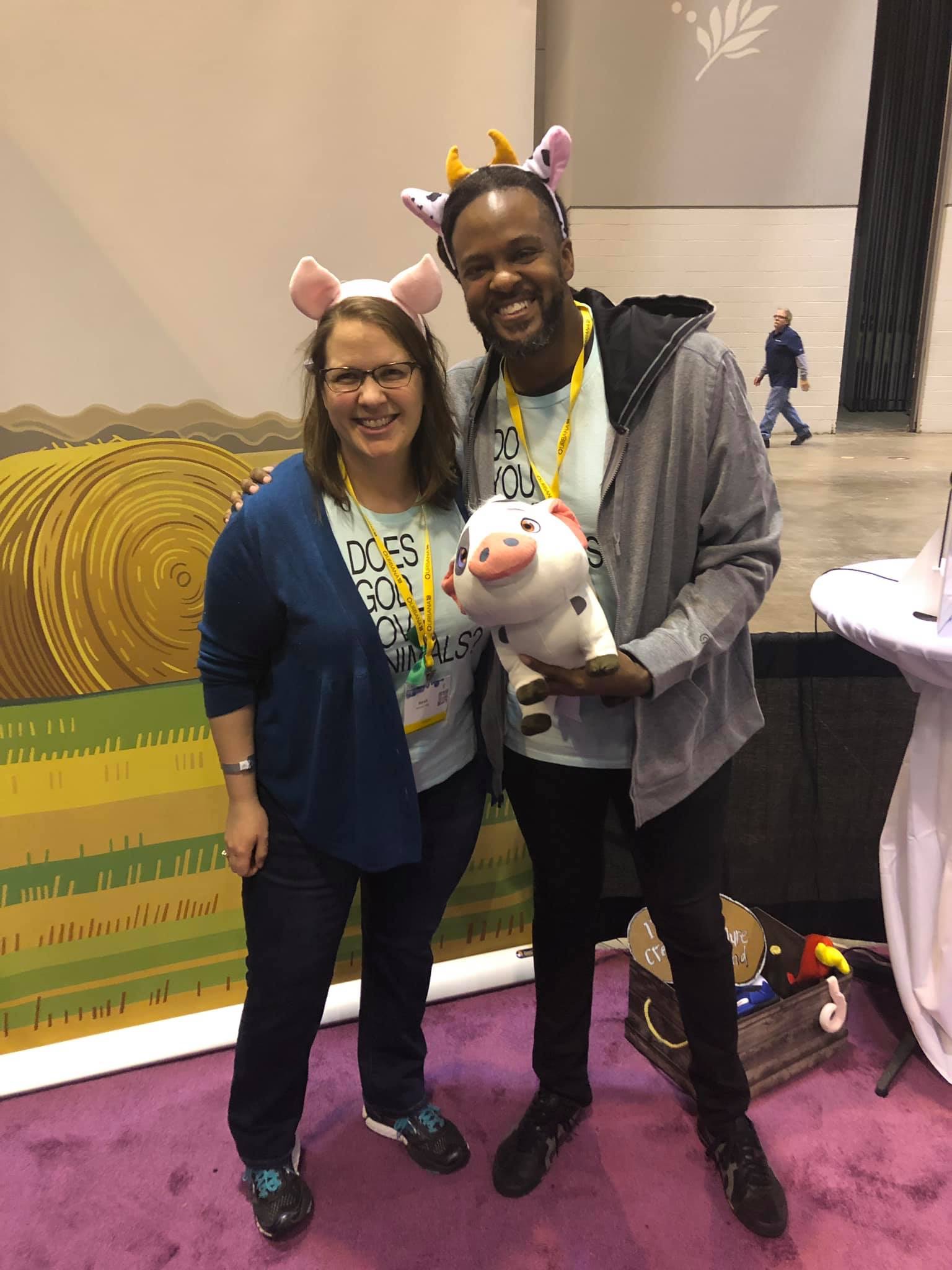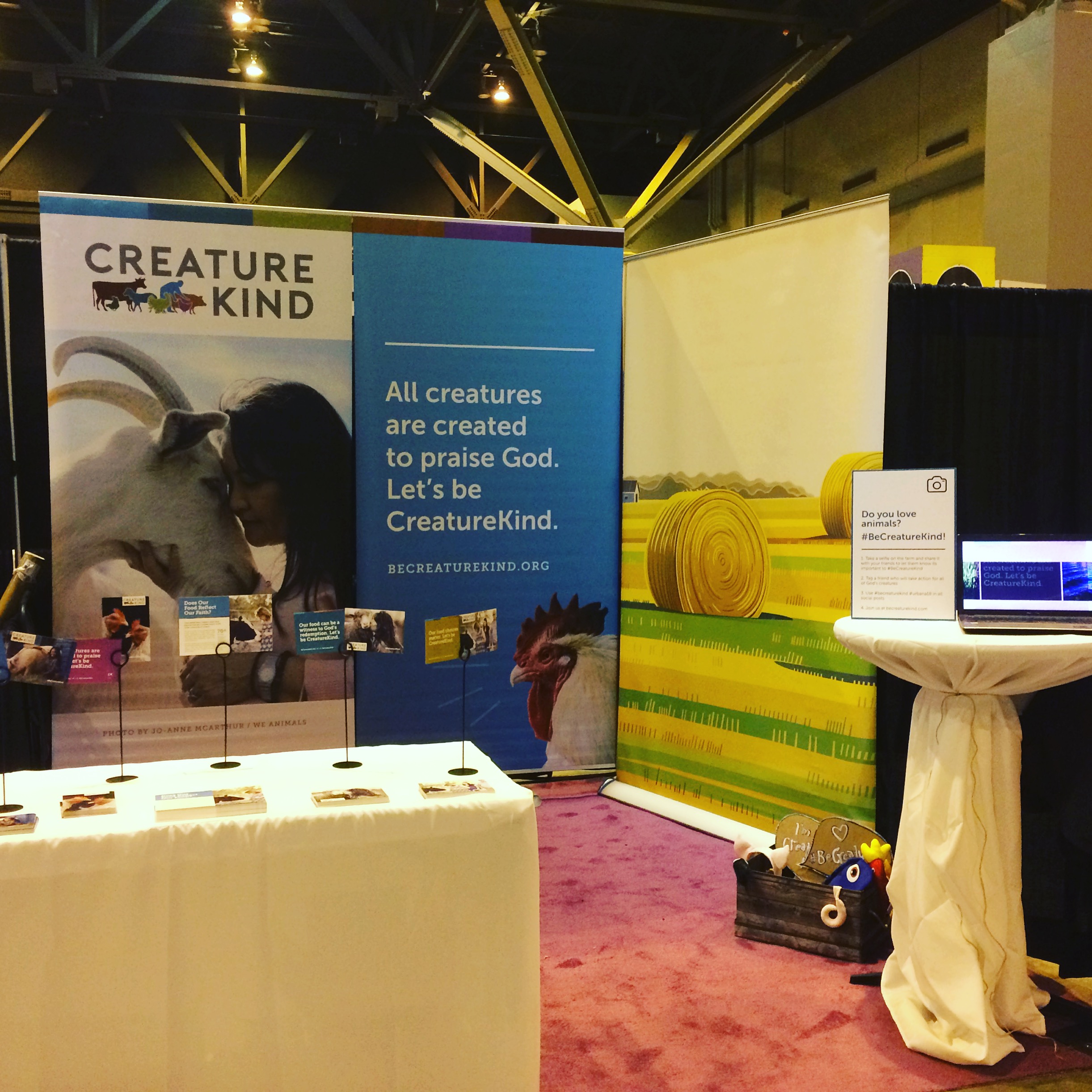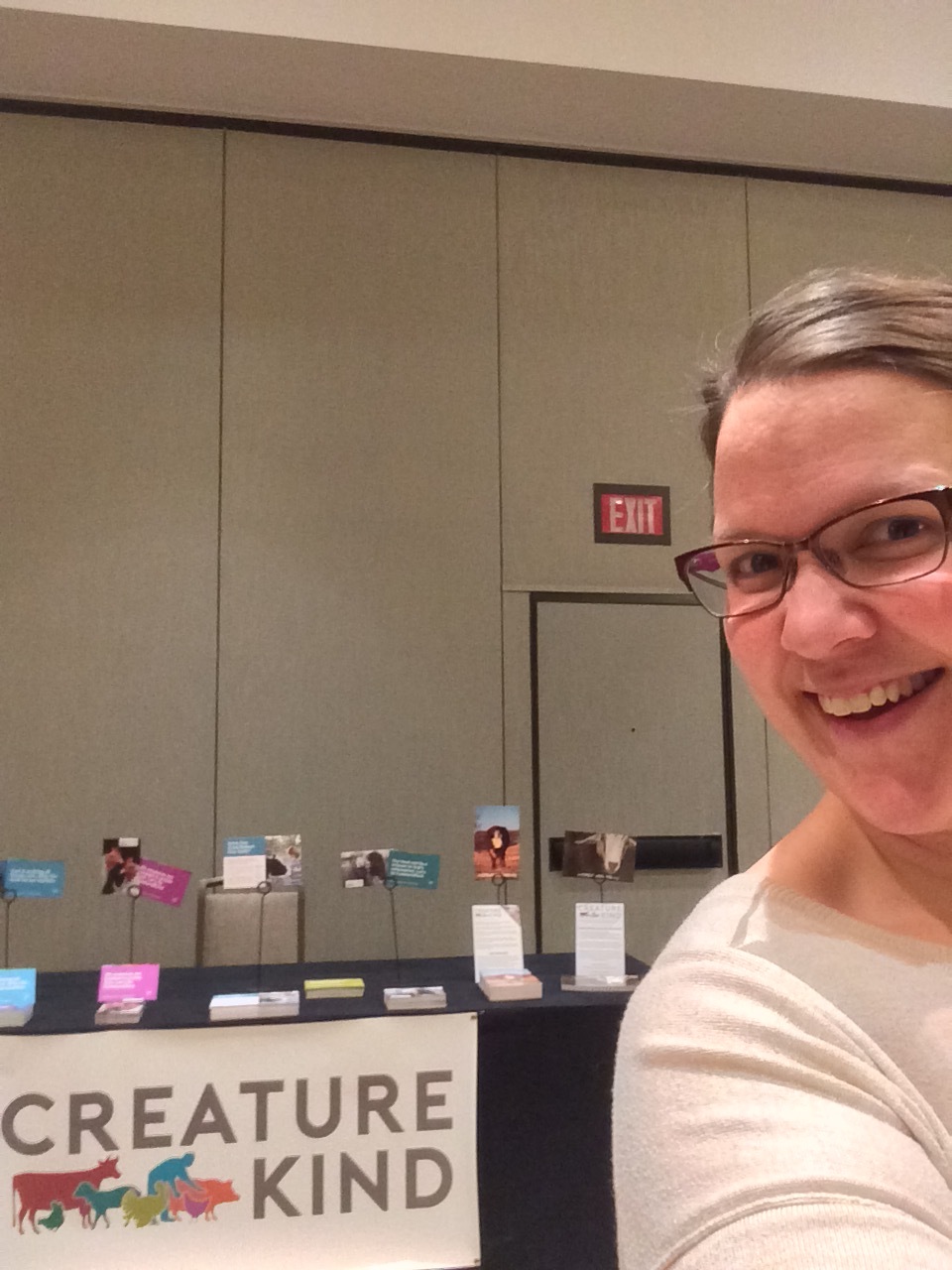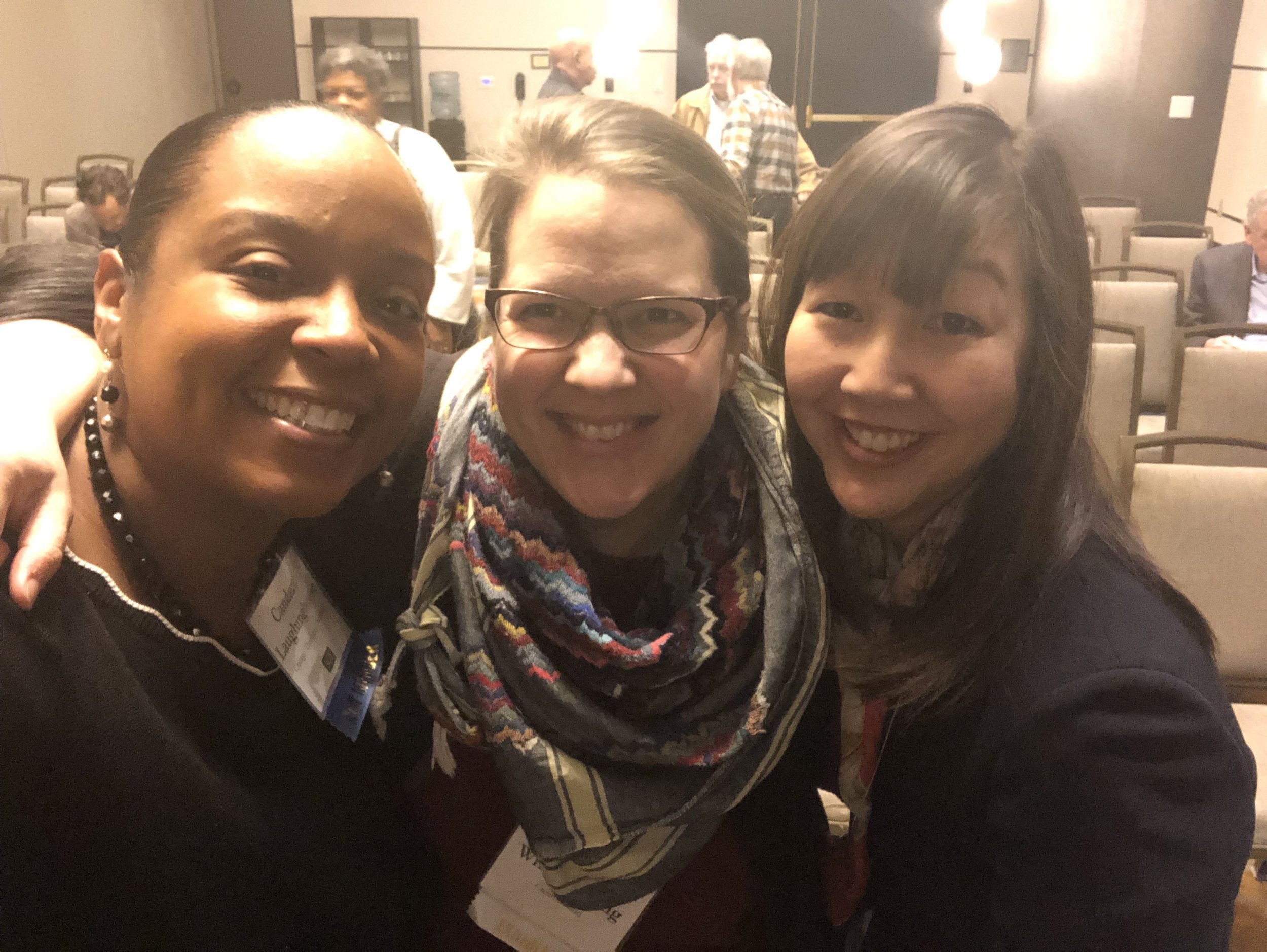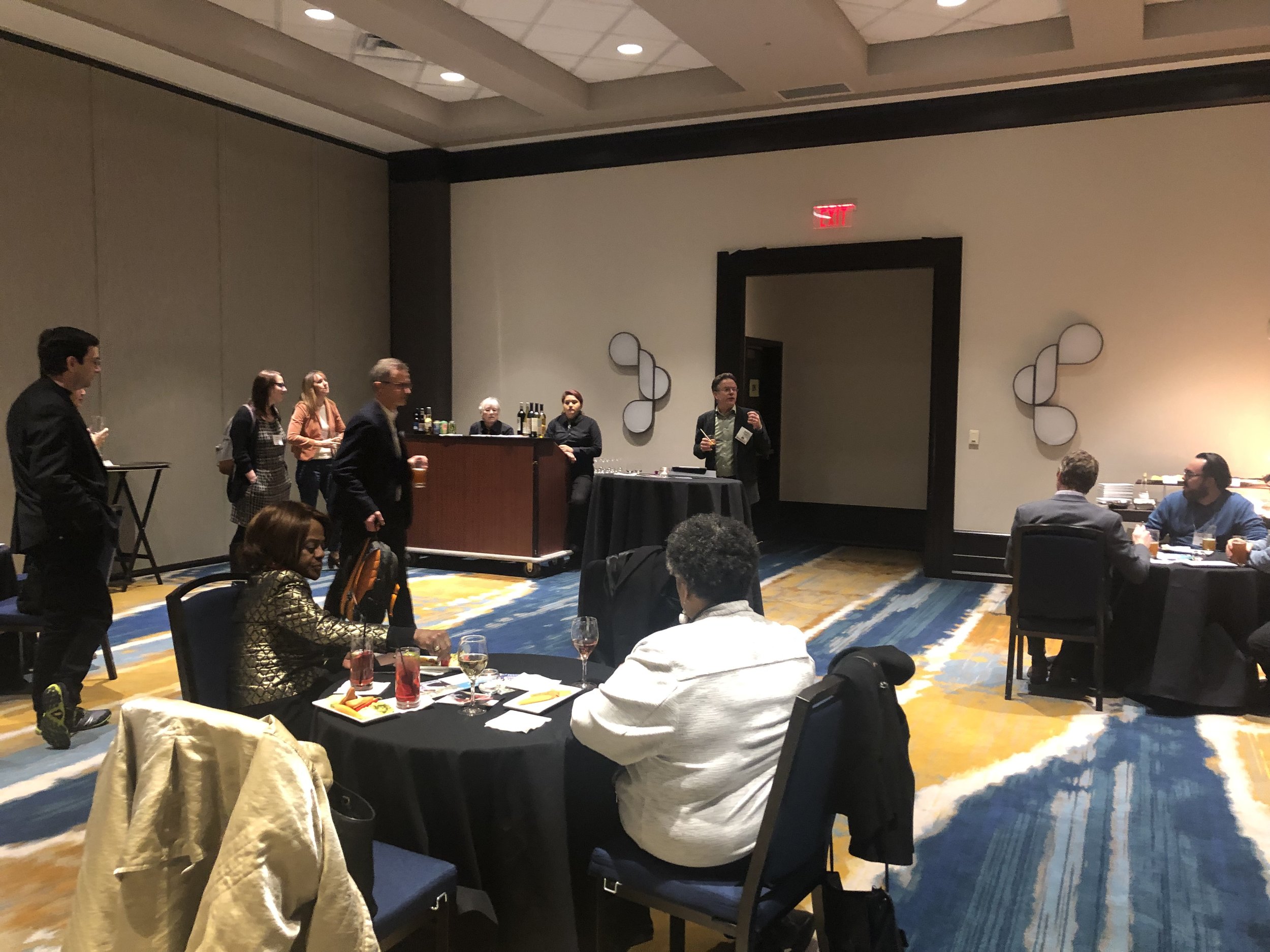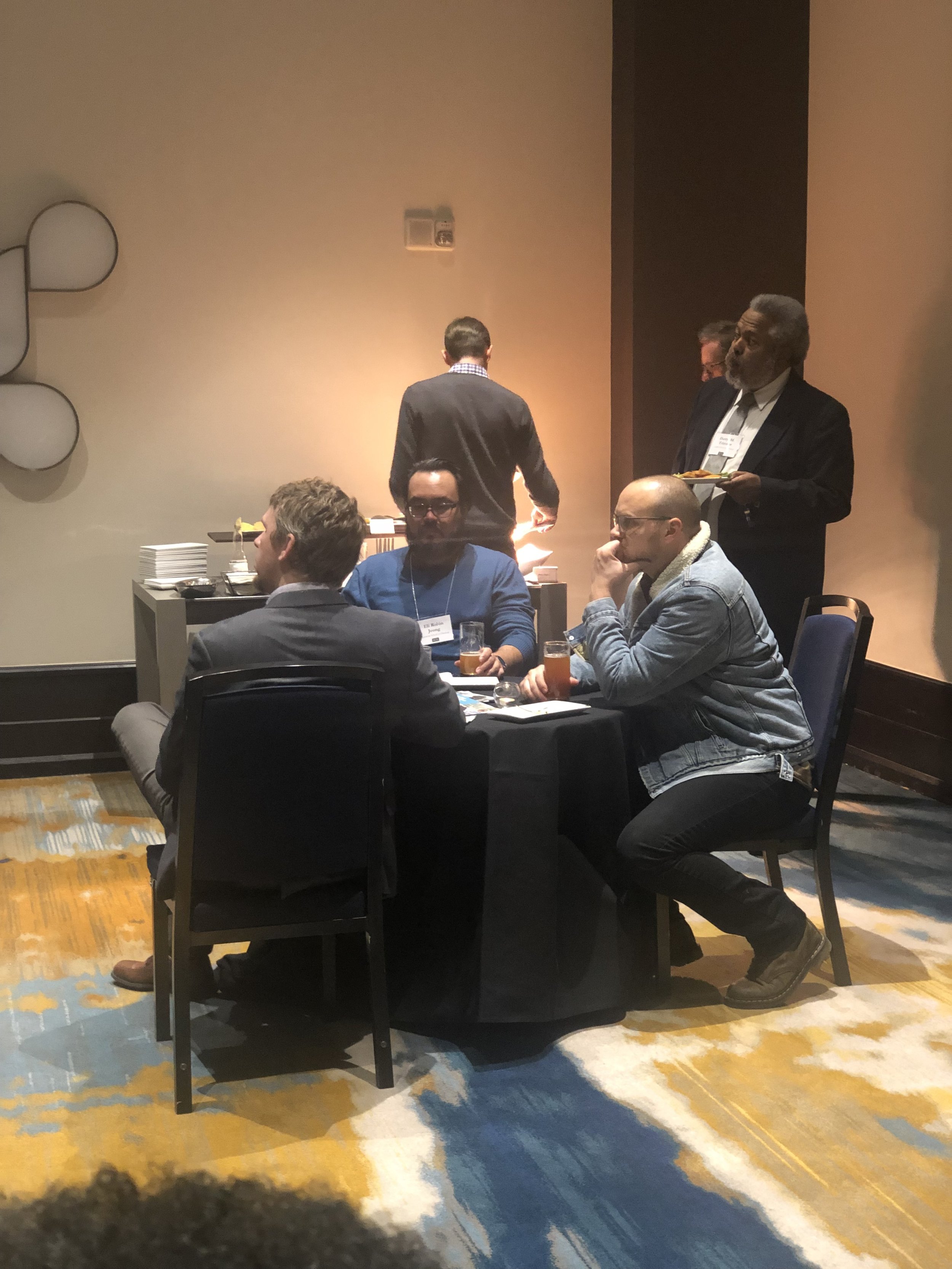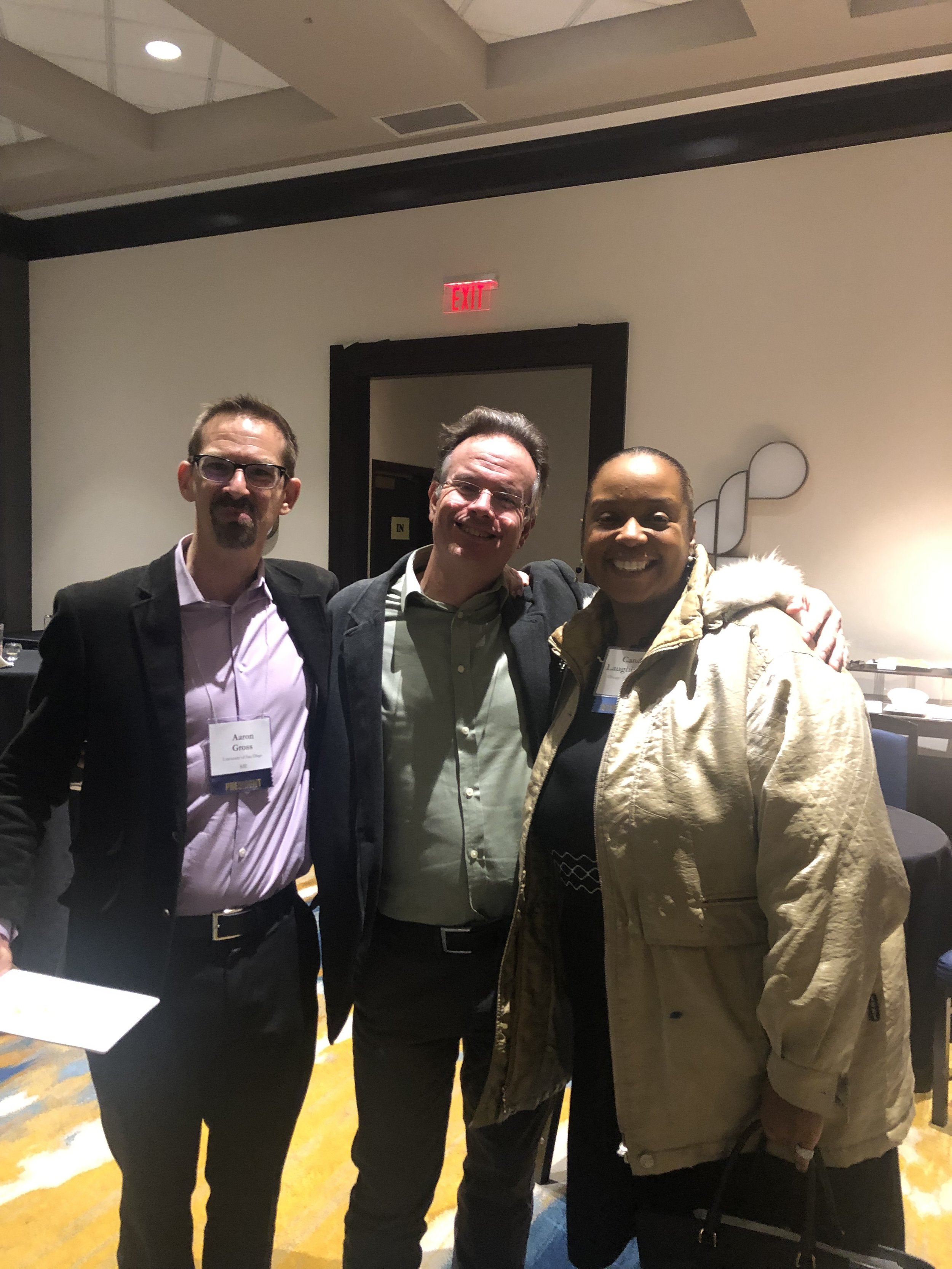by Beth Quick
“Two are better than one, because they have a good reward for their toil. For if they fall, one will lift up the other … A threefold cord is not quickly broken.” (Ecclesiastes 4:9, 10a, 12b, NRSV)
Image by Free-Photos from Pixabay
I’ve been a vegetarian since I was a teenager, and a vegan for the past several years, but building community with other folks who are passionate about caring for animals is fairly new to me. A couple of years ago I connected with some regional groups of vegans, and I really enjoyed sharing space, virtual and physical, with others who were committed to justice for animals. What I didn’t find in those groups, though, were many connections with others who approached their animal advocacy from a faith perspective. I’ve always thought about my veganism and animal advocacy as grounded in my Christian discipleship. I think God entrusts humanity with caring for creation, and I think we’re inextricably linked with all God’s creatures. I think God’s vision for the world, God’s reign on earth, is a world where all can live into their full potential, and none of us can do that when we harm and exploit each other and the earth. I felt like my framing of my veganism as a matter of faith isolated me from other vegans.
Connecting with CreatureKind, then, has been a blessing to me: I am not alone! The opportunity to work as a CreatureKind fellow gives me even more opportunities to affirm that I am not alone in my faith-orientation to compassion for animals at all. My project focuses on working for legislative change for farmed animals within the polity of The United Methodist Church (UMC). I could try to achieve this polity change on my own. Strategically, though, I know that proposed changes to our advocacy statements in The UMC have a better chance of succeeding when they are supported by a group or coalition rather than just an individual. Part of my project, then, includes the work of coalition building.
In my initial proposal, I included coalition building as a secondary, supportive theme of the project. In the few weeks since the Fellowship began, I have moved the coalition-building topic to a primary position. I’m in the midst of realizing that my sense of isolation as a Christian vegan does not in fact mean that there are not other Christian animal advocates out there. Christians are already doing excellent, meaningful, transformative work (including all the good folx who have dreamed up and lived out the principles at CreatureKind, for example!).
I’ve been coming to terms with my privilege in assuming that I’m creating something that others aren’t already doing. This semester, my first semester of a PhD program at Drew Theological School, one of my courses focus on feminist theory. Our first readings in the class focused on raising awareness of how white women feminists have written a “history of feminism” that assumes that the feminism of white women in the United States is first, original, and setting the standard for the work of dismantling patriarchy and oppression of women. In reality, though, women of color and women around the world have long been engaged in articulating feminist aims and dismantling oppressive structures. Feminist theory involves critiquing and correcting the dominant (white) narrative’s oversight and suppression of the excellent work being done by black, Asian, and Latinx women, by indigenous women, and by women around the globe. As I start the work of coalition building for my project, I wonder what excellent work people are already doing that I’m not seeing because of my place of privilege as a white middle-class woman from the United States.
Already, I’m finding delight in new connections with co-laborers for farm animals that are popping up nearly faster than I can keep up with them. Perhaps I’ll be bringing some people together for new, specific conversations. Yet, this group will be made of workers with existing wisdom, experience, and connections from which I can learn, people who will help shape me, even as I seek to shape The UMC’s view of animals. I’m thankful that I am not alone in my work. Instead, I’m a strand in a many-folded cord that’s being woven to work for God’s creatures, human and nonhuman alike.
Beth Quick (she/her/hers) is a PhD student of Drew Theological Seminary in Religion and Society with a focus on ecology and animal ethics. Beth currently resides in Madison, NJ and is pursuing work in various levels of the United Methodist Church to craft legislation and polity in defense of farmed animals in her role as a CreatureKind Fellow. Beth blogs and posts ministry resources including sermons and sung communion liturgies at www.bethquick.com. She published Singing at the Table, a collection of sung communion liturgies, in the summer of 2020.




